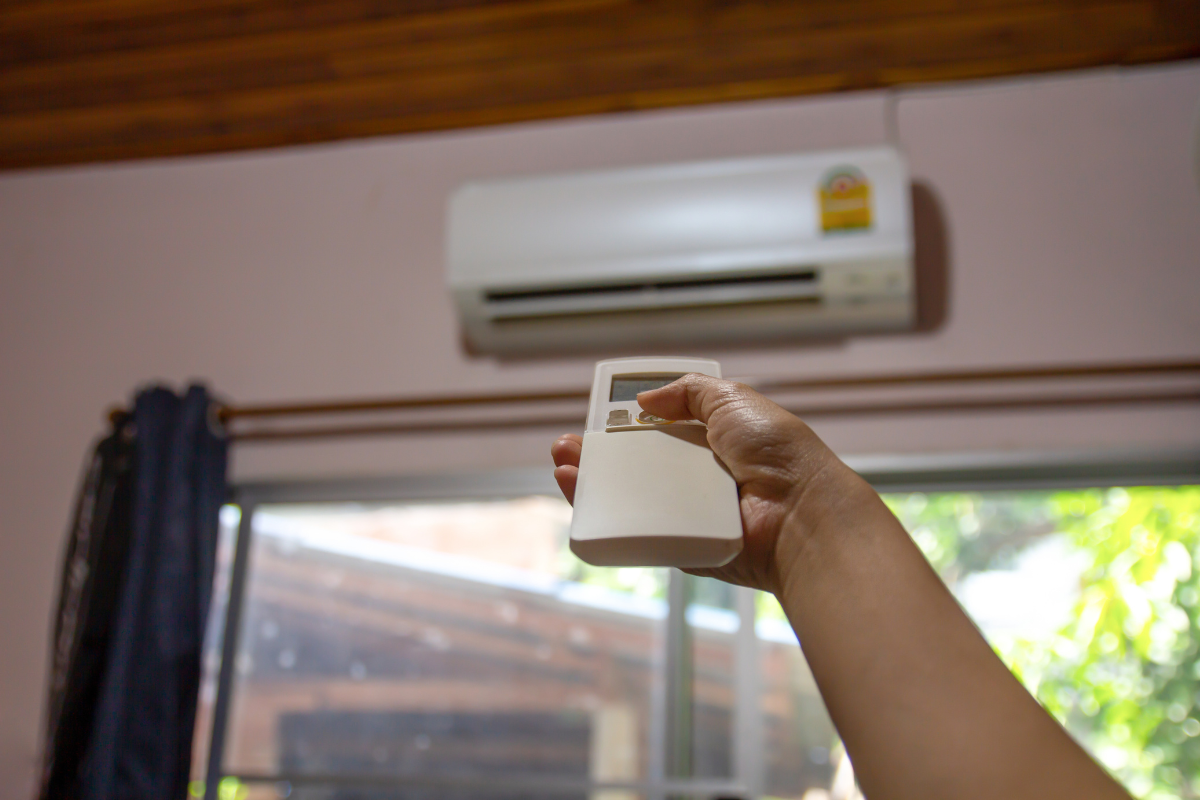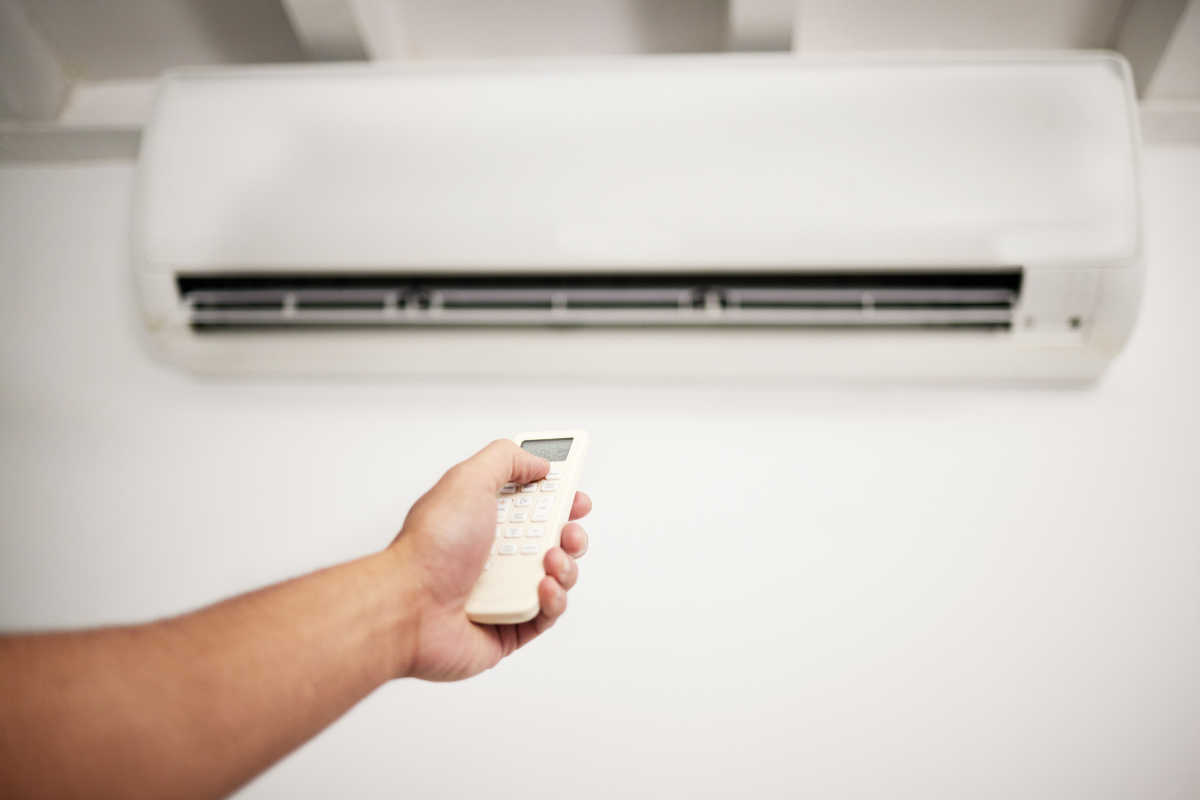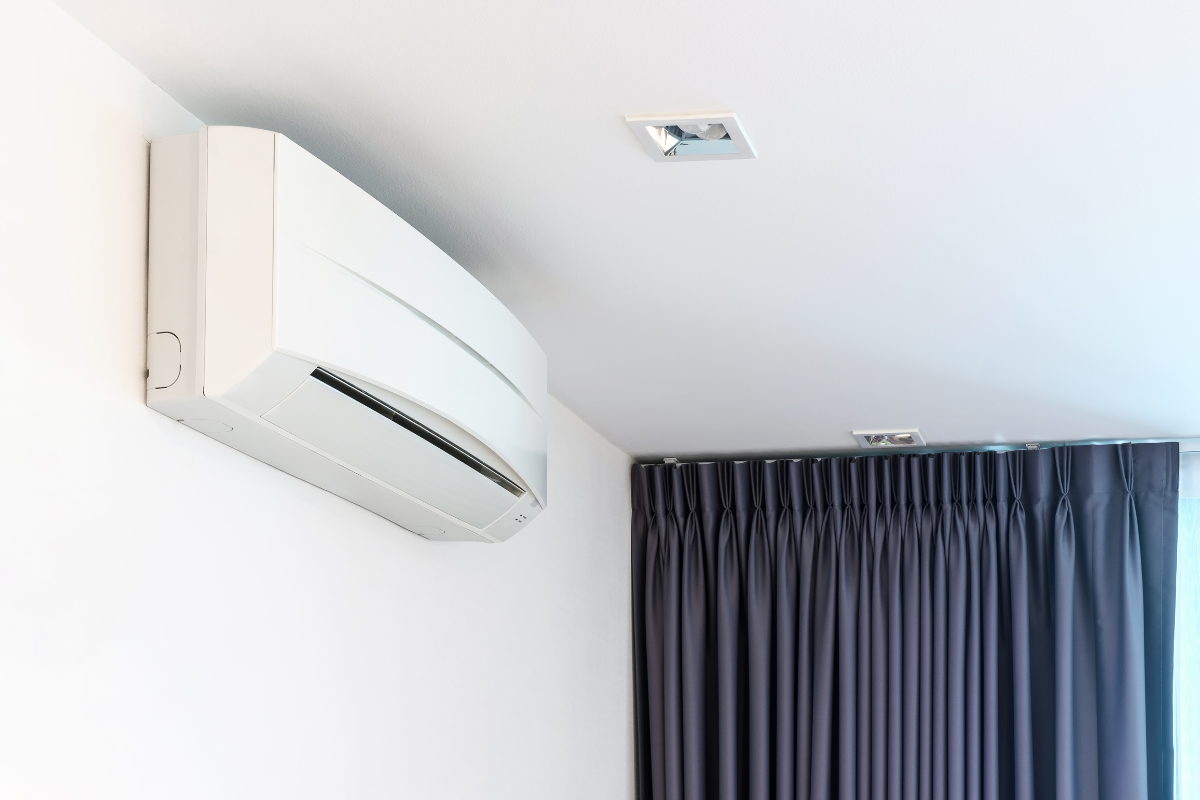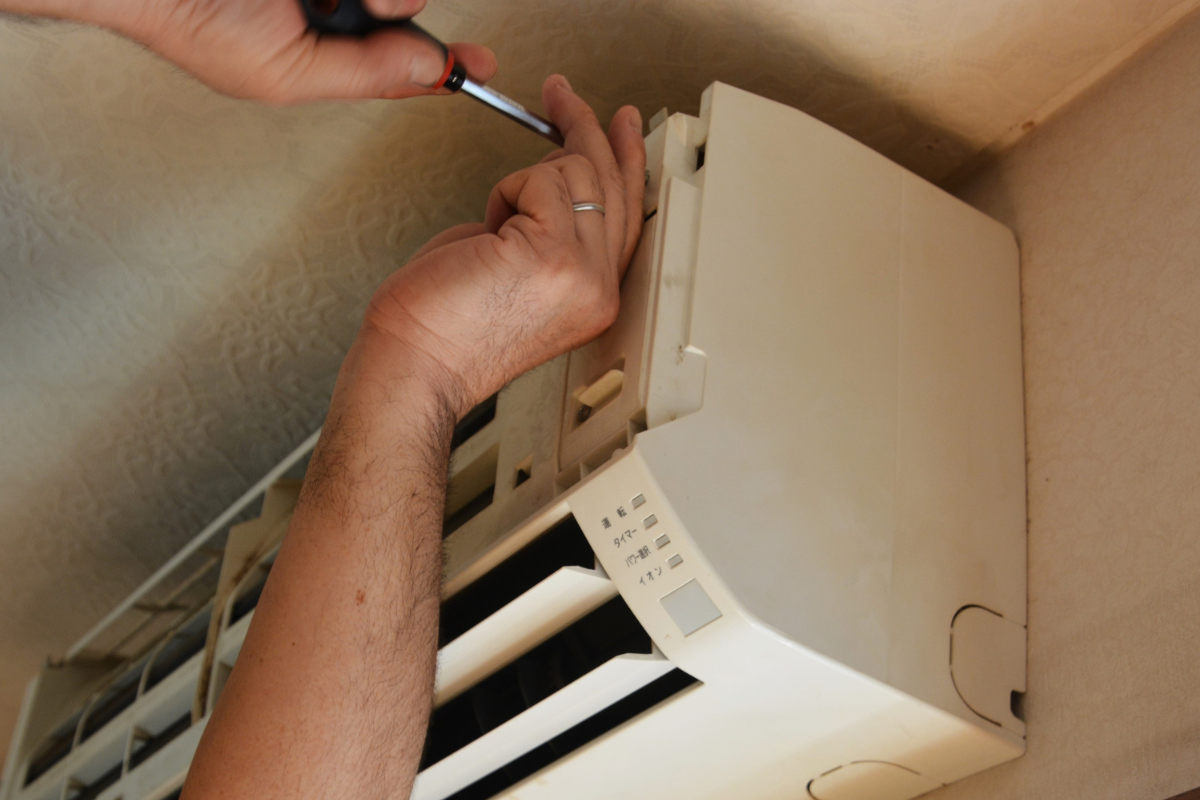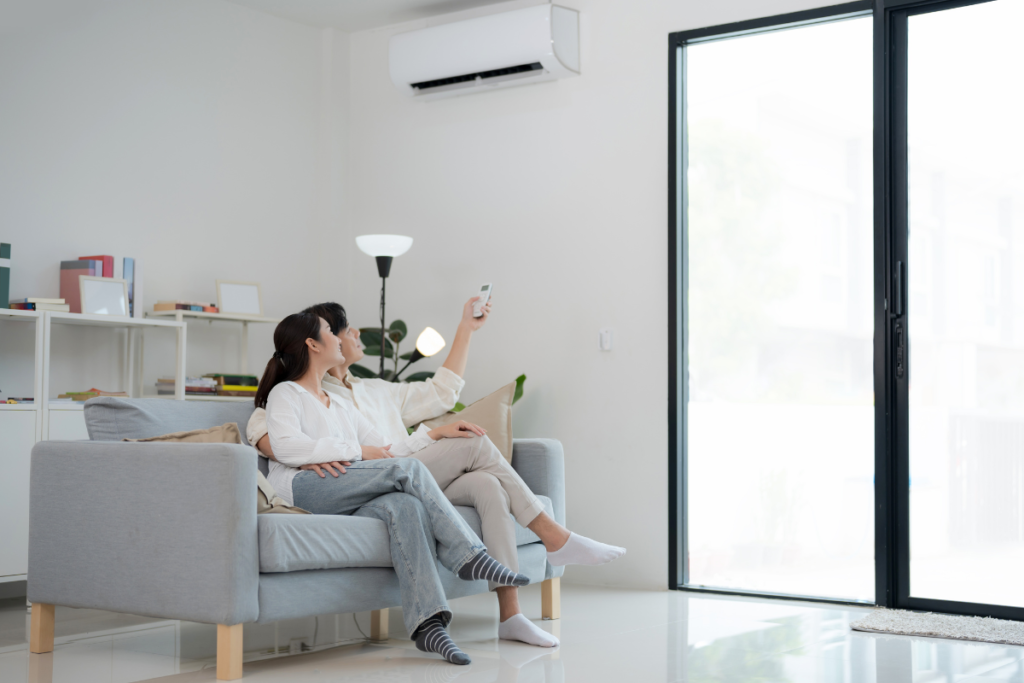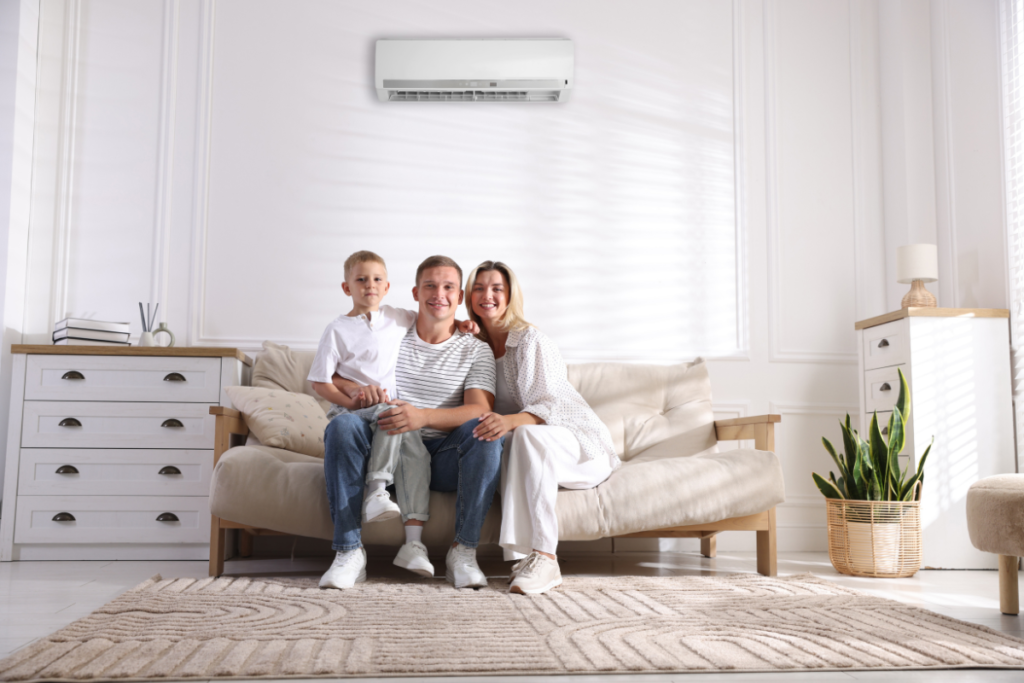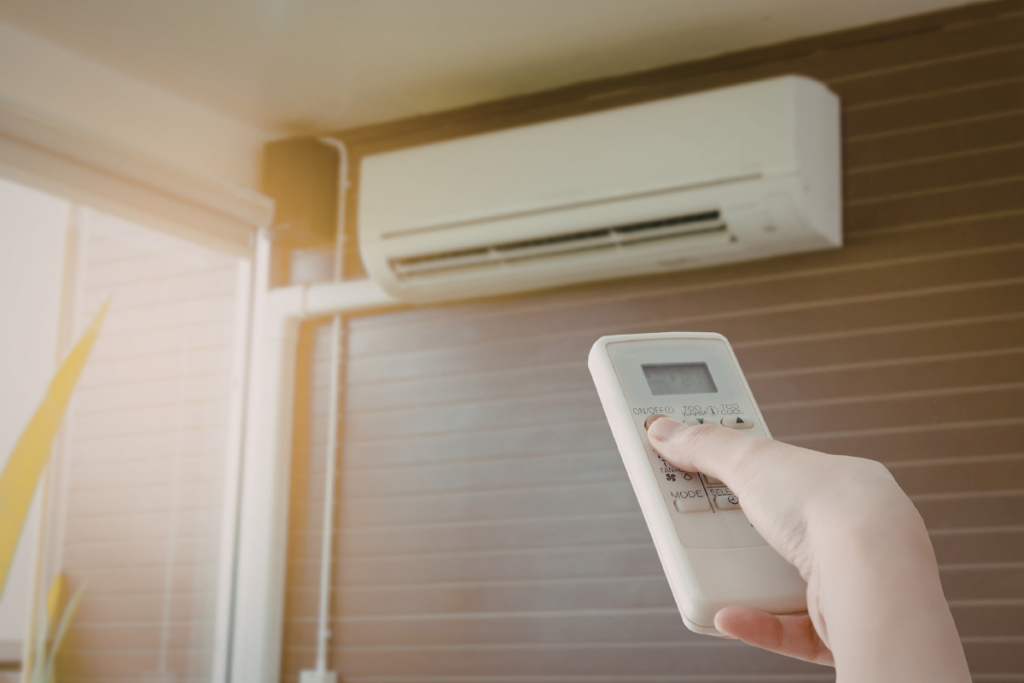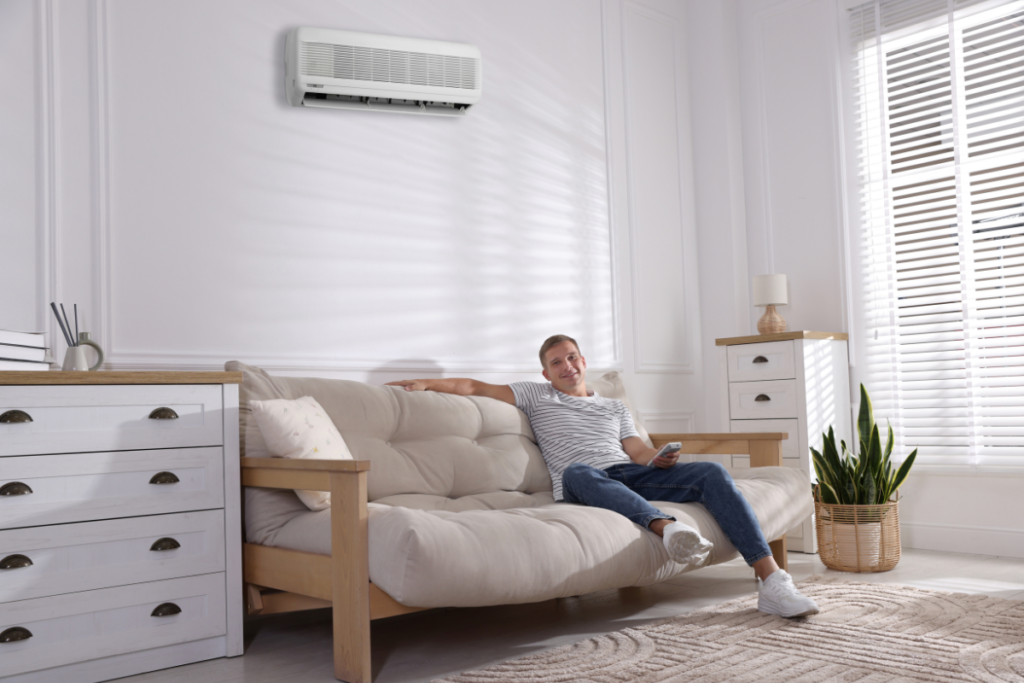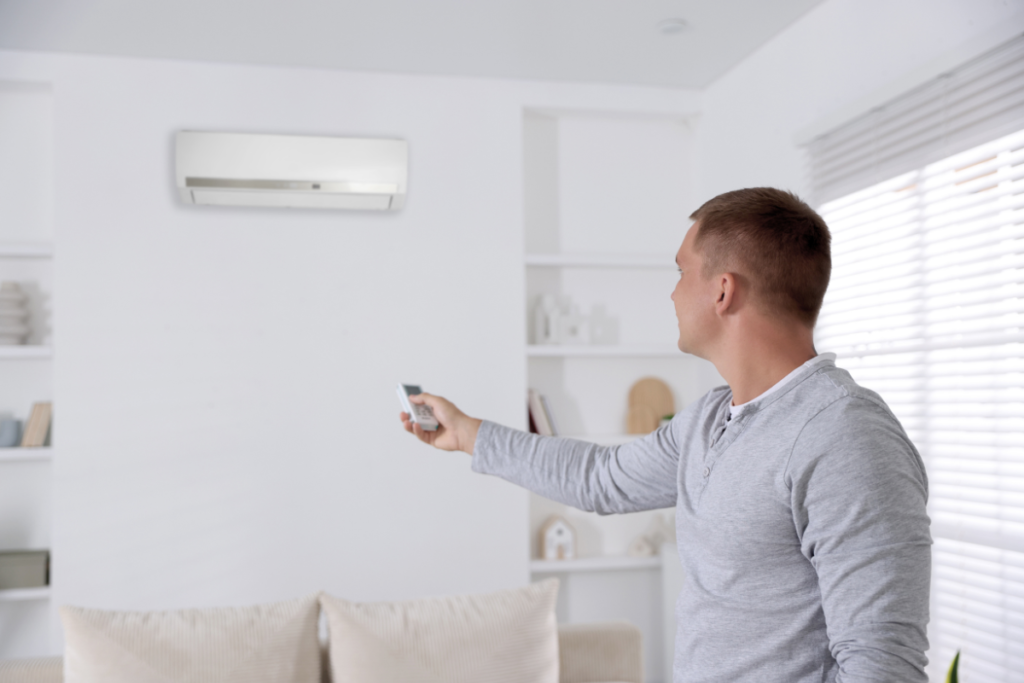Keeping classrooms cool shouldn’t come at the cost of rising energy bills. Across Australia, smart AC controllers help schools reduce waste, improve comfort, and achieve smarter energy management. On the Gold Coast, where humidity runs high for most of the year, DEEPCHILL’s air conditioning Gold Coast experts are helping schools upgrade to systems that balance comfort with long-term savings.
Table of contents
The hidden energy challenge in Australian schools
Electricity costs are one of the largest ongoing expenses for schools across Australia. Heating, cooling, and ventilation can account for 40-60% of a school’s total energy use, according to the Australian Government’s Department of Industry, Science, Energy and Resources.
Many schools still rely on outdated systems that run on fixed schedules or manual controls – cooling empty classrooms or running air conditioners long after classes end. On the Gold Coast, where humidity and heat are high for much of the year, this means wasted energy and unnecessary maintenance costs.
This is where smart AC controllers make a real difference.
Why high schools struggle with energy control
Most secondary schools operate on predictable timetables – early starts, rotating classrooms, and after-school clubs – but traditional air conditioning doesn’t keep up.
Common issues include:
- Classrooms cooled all day even when vacant
- Sports halls running systems long after training ends
- Teachers adjusting thermostats manually, causing uneven temperatures
- No real-time way to monitor or schedule air conditioning use
These small inefficiencies add up to big bills. Smart AC controllers solve these pain points through automation and data-driven control.
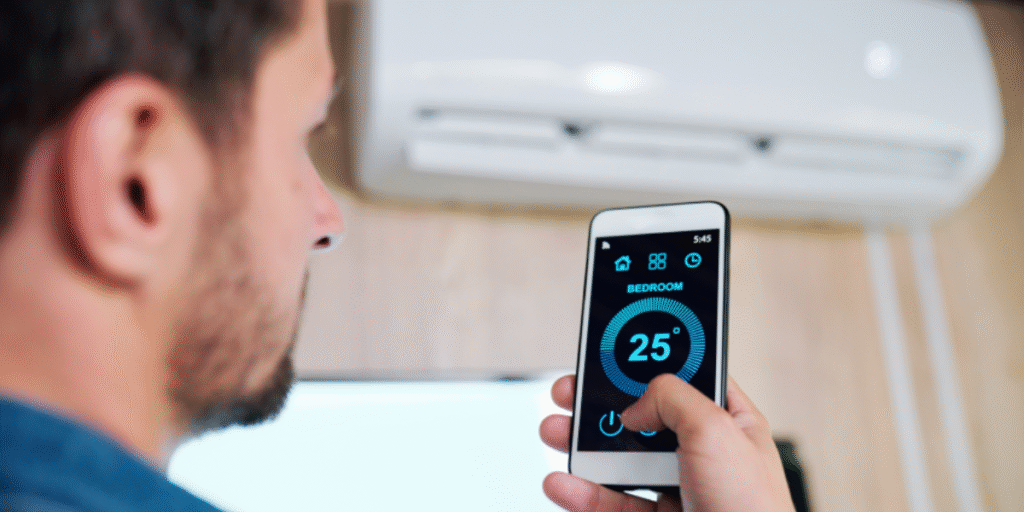
What exactly is a smart AC controller?
A smart AC controller connects to existing air conditioners via infrared or Wi-Fi, then links to an app or central management system. It lets facility managers monitor, schedule, and adjust cooling across the entire campus remotely.
For schools, that means:
- Turning units on only when classrooms are occupied
- Setting different zones for classrooms, gyms, and offices
- Monitoring energy use by area or time
- Integrating with school timetables or sensors for automatic control
Brands like Daikin and Fujitsu already support smart controller integration, and DEEPCHILL – your trusted air conditioning Gold Coast specialist – regularly installs these systems in educational facilities across Queensland.
4 ways smart AC controllers help schools save energy
1. Zone-based scheduling
Every high school has different usage patterns – science wings, auditoriums, and admin blocks all run on separate routines. Smart controllers allow precise scheduling for each zone.
When only Year 12 classrooms are occupied after hours, only that area stays conditioned. This can reduce total runtime by up to 30% during spring and autumn terms.
2. Occupancy-based control
Using motion or CO₂ sensors, smart controllers detect when a classroom is empty and automatically power down units. When students return, the system restarts cooling efficiently.
This prevents waste during recess, assemblies, or exam periods when entire sections of the school sit unused.
3. Data-driven energy insights
Smart controllers generate detailed reports on usage patterns, temperature trends, and costs.
Facility managers can spot problem zones, adjust settings, and plan maintenance more effectively. Some systems even recommend the optimal temperature range for both comfort and savings – typically 22–24°C for high school learning environments.
4. Extending system lifespan
By preventing overuse and regulating cycles, these devices help HVAC equipment run smoother and last longer. Clean filters, reduced strain, and shorter run hours mean fewer breakdowns and lower maintenance costs – a crucial benefit for schools on tight budgets.
Real savings, real classrooms
When integrated correctly, smart AC controllers can save schools thousands of dollars annually – funds that could go toward new computers, sports equipment, or student resources.
Combined with regular filter cleaning and zoned ducted system upgrades, schools can see 20–30% energy reductions within the first year.
At DEEPCHILL, we’ve seen firsthand how technology like Fujitsu anywAiR and Daikin Wi-Fi modules transform outdated systems into smart, responsive comfort solutions built for Gold Coast conditions.
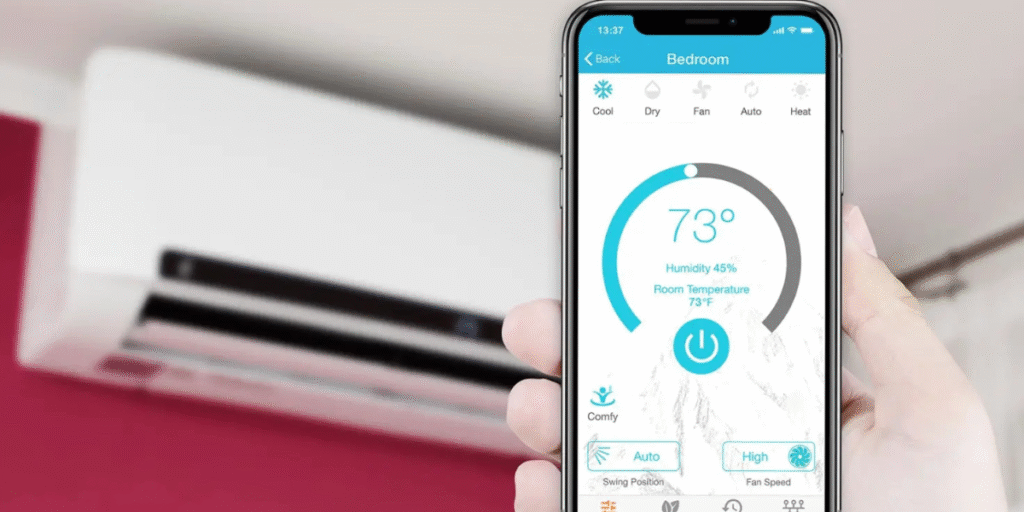
The DEEPCHILL difference
For nearly 40 years, DEEPCHILL has partnered with Queensland schools to design, install, and maintain energy-efficient systems. Our team offers:
- Smart AC controller integration for existing split or ducted systems
- Real-time performance tracking
- Scheduled maintenance and filter programs
- Local support and rapid response across the Gold Coast
By combining professional installation with education-specific insights, DEEPCHILL helps schools create learning environments that are cool, comfortable, and cost-efficient.
Final thoughts
Smart AC controllers don’t just automate cooling – they empower schools to take control of their energy future.
As electricity prices rise, high schools that act now will save more later, extending system lifespan and protecting classroom comfort year-round.
Ready to make your school smarter?
Contact DEEPCHILL, your trusted air conditioning Gold Coast partner, for tailored advice on how smart AC controllers help schools cut costs and improve comfort.


